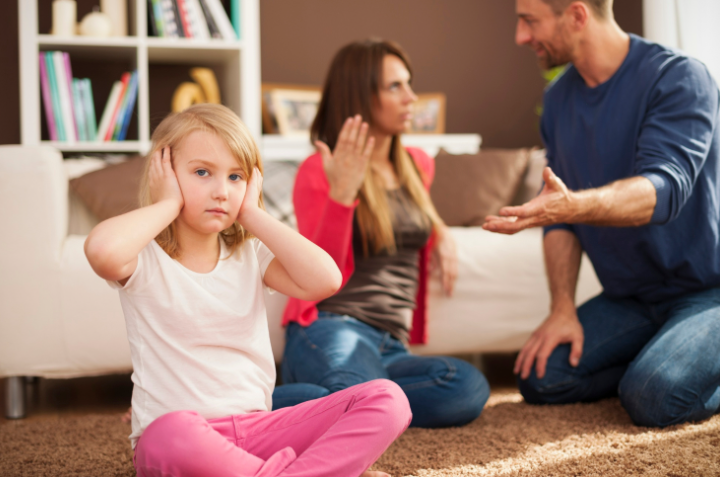During the recent lockdowns, statistics show that domestic abuse rose. It is, therefore, timely that the Court of Appeal has issued new guidance to family court judges regarding child arrangements where there are allegations of domestic abuse.
In January, the Court of Appeal heard four separate family cases involving the welfare of children. Representing the rights of men, women and children Women’s Aid and Families Need Fathers were two of the organisations involved. This area of law has not been reviewed for 20 years.
The four women appealed to the Court against judges’ orders dismissing their allegations of rape, domestic abuse and coercive control by a male partner. In this joint appeal, they raised serious concerns that the family courts failed to properly address their claims. This resulted in putting them and their children at risk of harm from the father.
What constitutes domestic abuse?
Not all abuse is physical. Domestic abuse is more complex than seen on the surface.
If someone is mistreated emotionally or psychologically but with no obvious physical harm, the abuse can be harder to spot. It is no less harrowing for the victim though. Coercive control is a form of psychological abuse. Controlling and manipulative behaviours are carried out by the perpetrator and exerts power through intimidation or humiliation. It is a very subtle but harmful form of abuse.
How does the new ruling change things?
In the past, Courts used “Domestic Violence” terminology recognising only physical violence. They also acknowledged that when the violence was “minor” it has possibly been minimalised. The ruling highlighted that abuse does not always end when a relationship does and subtle forms of abuse can persist even with an injunction in place.
The judges ruled that any coercive incidents occurring between adults when they were previously in a relationship were without relevance when assessing any future risk of harm and should be considered “old fashioned and no longer acceptable”.
Does this ruling cover all areas of abuse?
Barrister Charlotte Proudman, who represented two of the mothers, welcomed the guidance but said there were some gaps.
“It was disappointing those judges shied away from clarifying how the family court should deal with rape cases, including the prevalence of rape stereotypes and myths.
“We are told the criminal definition of rape should not be used in the family courts but I’m left unclear on what definition should be used instead. I’ve seen judges use terms such as ‘partial rape’ or ‘unwelcome sexual intercourse’ but what do these descriptions mean?”
Ms Proudman had high hopes of the court of appeal setting out a clear definition of rape in family cases. Unfortunately, there is some way to go on this matter.
What is the outcome?
After hearing the four linked appeals brought by mothers over child contact, three of the four appeals, each involving allegations of coercive control and partner rape, were granted and will be re-heard in front of a different judge.
Concluding, the judges said: “Each of these appeals are examples in differing ways of the importance of the modern judiciary having a proper understanding of the nature of domestic abuse and in particular of controlling and coercive behaviour.”
Legal Aid is available for those dealing with domestic abuse which, as a practice, we do not offer. If you would prefer to use a private solicitor please get in touch with our family department.

